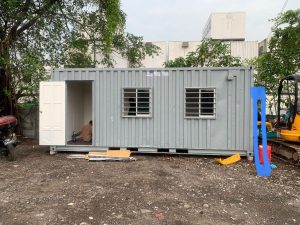
Purchasing a home is a significant financial decision, and determining the budget is a crucial step in the process. To make an informed decision, you must consider various factors such as income, expenses, savings, and future financial goals at https://www.prohomebuyersolutions.com/. In this article, we will guide you through determining the budget for purchasing a home, ensuring you find a comfortable balance between affordability and your long-term financial well-being.
Assess Your Financial Situation
Before diving into the home-buying process at https://www.prohomebuyersolutions.com/, assessing your current financial situation is important. Consider the following key aspects:
- Income:Evaluate your income sources and determine how much you can allocate towards housing expenses. Calculate your monthly take-home pay after deducting taxes, insurance, and other deductions. This will give you a clearer idea of how much you can spend on a mortgage.
- Expenses:Create a comprehensive list of your monthly expenses, including bills, groceries, transportation, and any outstanding debts. Subtract your expenses from your income to understand your disposable income. This exercise will help you determine how much you can comfortably allocate toward housing costs without jeopardizing your financial stability.
- Savings and Down Payment:Evaluate your savings and consider how much you can allocate towards a down payment. A higher down payment can reduce your monthly mortgage payments and increase your chances of qualifying for a favorable loan.
Consider Additional Costs
When determining your budget, it’s essential to consider the additional costs associated with homeownership. These costs include:
- Property Taxes:Research the property tax rates in your desired area. Property taxes can significantly impact your monthly expenses, so account for them when setting your budget.
- Homeowners Insurance:Obtain quotes from insurance providers to estimate the cost of homeowners insurance. This expense is typically included in your monthly mortgage payments.
- Maintenance and Repairs: Budget for ongoing maintenance and repairs to keep your home in good condition. Allocate a portion of your budget to cover unexpected expenses that may arise.
Determining the budget for purchasing a home requires careful consideration of your financial situation, including income, expenses, savings, and future goals. By assessing these factors and accounting for additional costs, you can find a budget that aligns with your financial well-being and allows you to enjoy your new home without undue financial strain.





